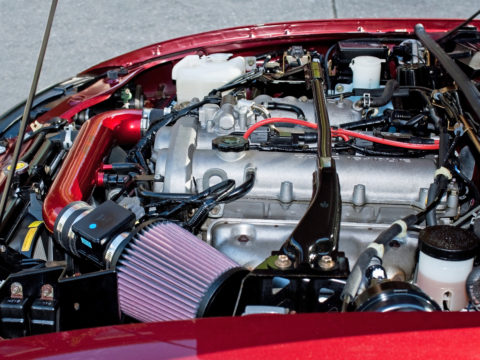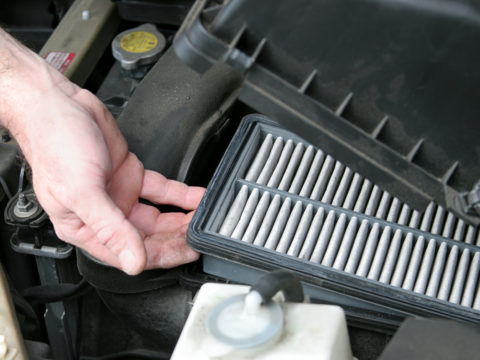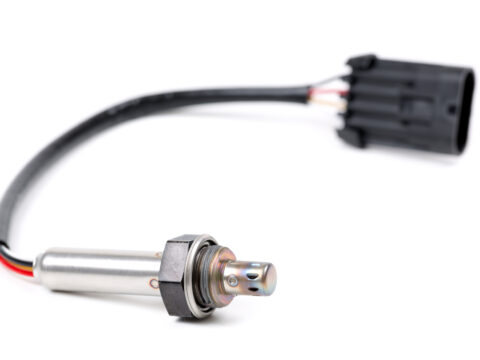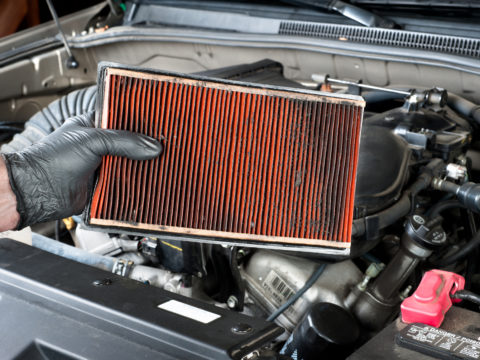A squeaking noise from your car’s engine area could result from serpentine belt issues. This strange noise can be annoying, and the problem might ruin your day if things worsen.
So, what causes the serpentine belt noise, and how should you fix it? Read on for answers.
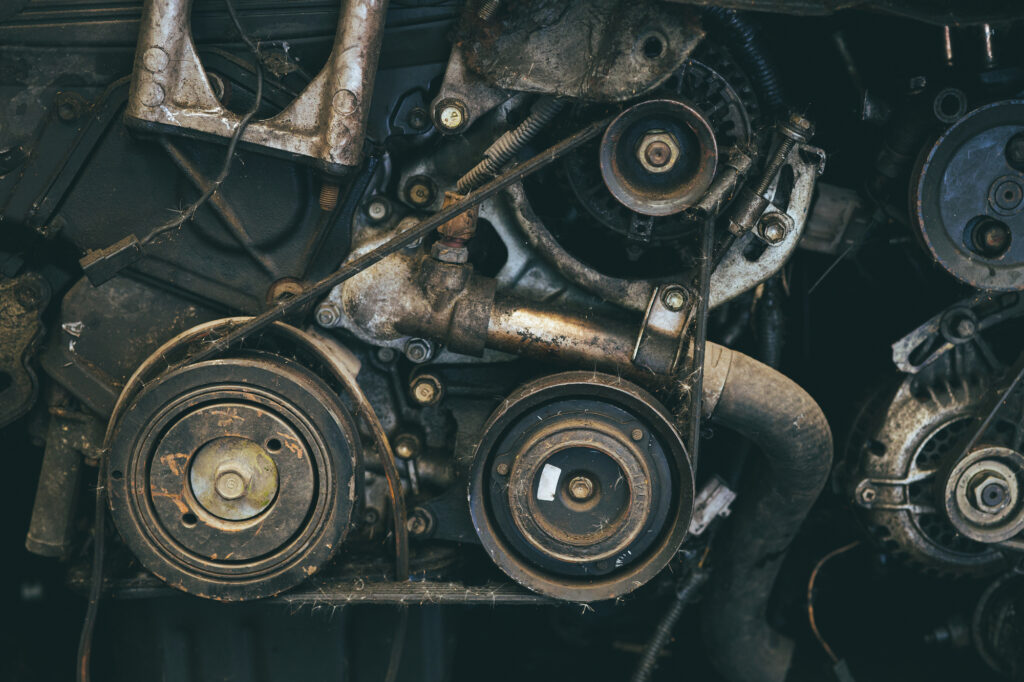
Contents
What Does It Mean When Your Serpentine Belt Is Squeaking?
A serpentine belt may squeak after turning on the car and exacerbate after acceleration or when making U-Turns. The strange noise from your car’s drive belt is usually due to friction.
If the serpentine belt loses its grip on the pulleys it spins, you’ll hear the noise immediately after turning on the engine. This could be a symptom of one or all of the following reasons:
- Worn out belt
- Worn out pulleys
- Belt misalignment
- Exposure to antifreeze
- Cold weather
Is It Bad if Your Serpentine Belt Squeaks?
Knowing why your serpentine belt squeaks can help determine whether or not you’re in deep trouble. It could be nothing too serious if you hear the squeaking noise after starting the car during colder months. However, your vehicle may have a bigger problem if the sound persists and intensifies during acceleration or when making a U-Turn.
The serpentine belt plays a vital role in ensuring other systems in your car run smoothly. It provides mechanical power to accessories such as the alternator, power steering pump, water pump, and air conditioning.
If the serpentine belt develops issues and begins to squeak, it may cause all these peripheral accessories to fail and lead to more problems.
For example, the engine may overheat due to a failing water pump. You may also find it challenging to turn the steering wheel due to insufficient power. Additionally, the air conditioning may fail to produce cold air.
How Do You Know if It’s the Belt or Pulley Squeaking?
If your car makes a squeaking noise after turning on the engine, you may want to know whether it’s coming from the belt or pulley. Try this trick to identify the source of the noise.
- Open the hood and locate the serpentine belt and pulleys.
- Grab a spray bottle and spray water on the rotating belt.
- If the sound goes away, the noise comes from one of the pulleys.
- If the squeaking noise persists, the serpentine belt is the cause of the squeaking noise.
So, let’s figure out the possible causes of the squeaking noise and how to fix the problems.
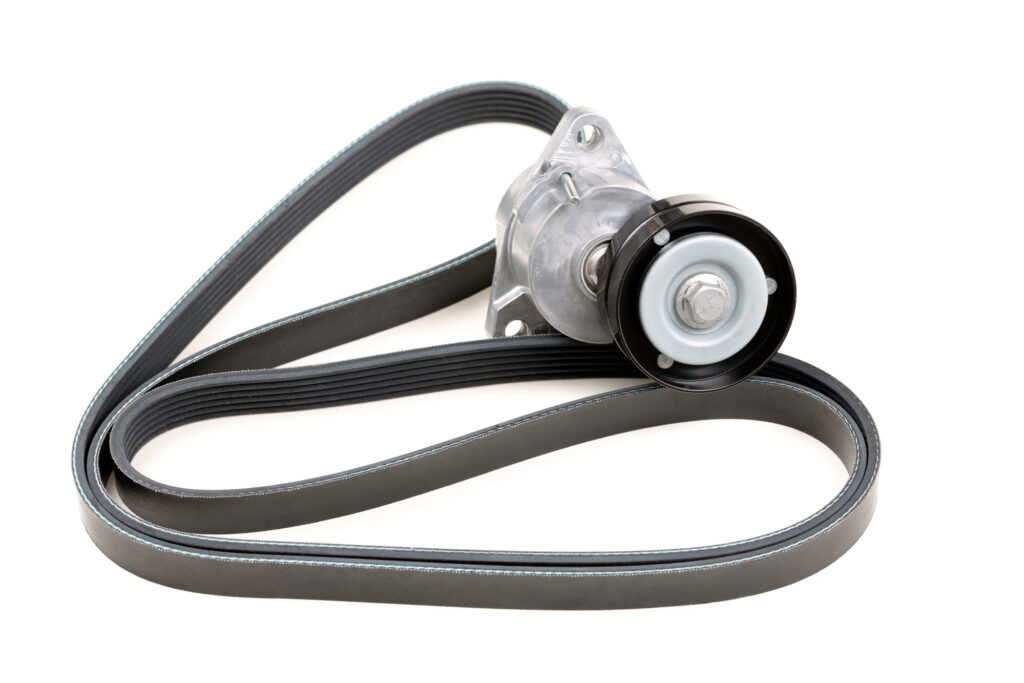
What Causes Serpentine Belt Noise?
The serpentine belt may make a squeaking noise due to the following reasons:
Worn-Out Belt
With time, your car’s serpentine belt will wear out and begin to create a squeaking noise. While modern belts are durable, they can only last up to 100,000 miles. This belt wears out due to the friction between the spinning grooves and the belt.
If you inspect an aged serpentine belt, you’ll notice worn-out ribs that cause the belt to move poorly. The surface of the old and worn-out belt may become brittle or cracked.
Such a belt fails to maintain the required tension when the belt is moving. As a result, you’ll hear a squeaking noise every time you start the engine.
Worn-Out Pulleys
The pulley system in your car features the tensioner pulley and the pulley groves. The pulley grooves keep the car’s serpentine belt in place as it moves around. And like the drive belt, the pulley system wears out with time due to friction.
If the tensioner pulley or pulley grooves wear out, you’ll hear a squeaking noise after starting the engine.
Belt Misalignment
Belt misalignment may result from improper installation. If your mechanic replaced the belt but didn’t install it properly, you will likely hear the squeaking sound.
In other cases, belt misalignment may result from a worn-out tensioner. The tensioner causes the belt to loosen and misalign, causing the squeaking noise.
Exposure to Antifreeze
Antifreeze acts as a coolant fluid that controls the internal engine’s temperature. It cools down the engine to avoid overheating when temperatures are high.
If the antifreeze leaks or blows towards the serpentine belt, it immediately damages the belt. And with a damaged drive belt, you’ll hear the squeaking noise.
Cold Weather
If you live in regions with frigid temperatures, your car’s serpentine belt may become prone to faster damage.
Cold weather causes the belt material to become brittle. The belt may get damaged with constant exposure and use, resulting in a squeaking noise.
How To Fix Squeaking Serpentine Belt
Immediately when your car makes a squeaky noise, diagnose and fix it to avoid experiencing further damage. Here are several fixes you can try:
Identify the Source of the Noise
It’s easier to identify the source of the squeaky noise when the car engine is idling. Open the hood and listen keenly.
In most cases, it’s the serpentine belt that causes the noise. However, inspect the pulleys as they tend to squeak with time.
Tighten the Belt
Locate the tensioner and loosen the bolt to move it so you can tighten the drive belt. Do this carefully to avoid dislocating the entire system.
Ensure the belt has less tension when tightening the bolt back. Turn on the engine to see if you’ve fixed the problem.
Replace the Belt and Tensioner
If you’re dealing with a worn-out serpentine belt or tensioner, the only thing you can do is replace them immediately.
Replacing these components requires specialized skills. Call your mechanic to diagnose and replace the belt. Your mechanic can also check for other possible causes of the squeaky sound and fix them.
Can You Drive With a Squeaky Serpentine Belt?
Driving with a squeaky serpentine belt is safe and possible, but only for a few days. However, if you continue driving weeks after weeks, the issue may exacerbate and cause damage to other components in your car. T
he belt may also break when driving, leaving you stranded in the middle of the road.
The best way to avoid more problems is by taking your car to a mechanic to get the belt replaced as soon as possible.

